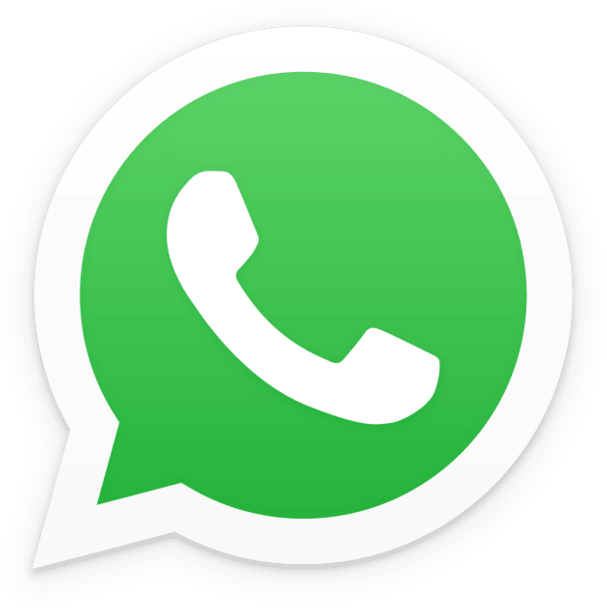Did you know? Every time you wire money from Hong Kong to South Korea, you might be unknowingly paying hefty fees! This article will reveal the secrets banks keep hidden and teach you how to smartly avoid these hidden fees. Whether you're looking for study abroad, travel, or business, master these tips to make every penny count.
Basic knowledge you must know before sending money
Transferring money from Hong Kong to South Korea requires basic financial knowledge to avoid losses. Exchange rate fluctuations directly impact the final amount received. Data from 2023 shows that the average annual fluctuation of the Korean won against the Hong Kong dollar reached 8.7%. Recipient information must be accurate down to the bank code (BIC) and branch address. The intermediary fees charged by Kookmin Bank and Shinhan Bank can differ by as much as $15.
Foreign exchange controls are a crucial issue that's often overlooked. South Korea requires declaration of the source of any inward remittance exceeding US$50,000, while the Hong Kong Monetary Authority mandates daily registration for cash transactions exceeding HK$80,000. Professional money changers with MSO licenses can provide compliance reviews. For example, Global Grand Money Exchange's customs license, 18-01-02289, ensures that every transaction complies with anti-money laundering regulations.
The three most common cognitive misunderstandings include:
- Mistakenly believing that bank transfers are the safest (in fact, legitimate money changers are also regulated by the HKMA)
- Underestimating the hidden costs caused by exchange rate differences (bank bid-ask spreads often reach 3%)
- Ignore time cost (traditional wire transfer takes 3 working days while professional institutions can shorten it to 1 day)
Compare the fees of different money transfer methods
The fee structure for sending money from Hong Kong to South Korea varies dramatically. For example, for a transfer of 1 million Korean won (approximately HK$5,800), banks charge an average flat fee of HK$150 plus 0.1% of the transfer amount. Money changers in Tsim Sha Tsui , on the other hand , use a tiered fee structure, capped at just HK$80 for transfers under HK$100,000.
Hidden costs are even more alarming. The "fee-free" offer offered by one international bank resulted in an actual exchange rate 2.3% lower than the market average, equivalent to an additional HK$134 per 1 million won. Professional institutions like Global Money Exchange offer transparent and open exchange rates , with their official website updating real-time rates every 20 minutes.
The choice of cross-border payment network affects the speed of payment:
- SWIFT wire transfer: 1-3 business days (through 2-3 intermediary banks)
- Local clearing system: For example, the Korean KFT system only takes 4 hours
- Cryptocurrency channel: Fast but with compliance risks
Choose the most cost-effective time to remit money
The Asian trading hours (08:00-17:00 Hong Kong time) offer the highest liquidity in the forex market, with fluctuations in the Korean won exchange rate typically less than 0.5%. Avoiding Korean public holidays (such as Chuseok) can mitigate exchange rate risks caused by settlement delays.
Historical data shows that demand for the Korean won peaks between the 25th and 5th of each month, with corporate payroll periods pushing the won up by approximately 0.8%. Conversely, quarterly periods (after the 20th of March, June, September, and December) often see a window of depreciation due to foreign investment repatriation.
Technical analysis tools can improve decision-making accuracy:
- Be wary of a pullback when the 14-day RSI exceeds 70
- Narrowing Bollinger Bands signal an imminent breakout
- Trading will be suspended 30 minutes before the release of important economic data
Save more by using online platforms
This intelligent price comparison tool provides real-time rates from 12 major service providers. Tests showed that the price difference for a 1 million Korean won transfer at the same time was as high as HK$217. Global Remittance's [ International Remittance] platform features an AI-powered quote engine that updates the optimal route every 10 seconds.
A tiered membership system offers substantial benefits. VIP customers who remit over HK$500,000 in total receive a 0.3% exchange rate bonus. Corporate users can also lock in their exchange rate for up to 72 hours when processing bulk transactions. The mobile app's unique "Exchange Rate Alert" automatically triggers transactions at set thresholds.
Avoid common remittance traps
A 2023 report from the Financial Supervisory Service of South Korea indicated that 27% of cross-border disputes stem from "same-name account fraud." Scammers forge bank accounts with the same name as the recipient, particularly targeting remittances from Hong Kong to South Korea for student expenses.
Regulatory red lines must be vigilant:
- Splitting transactions to avoid reporting (a violation of Chapter 615 of the Hong Kong Anti-Money Laundering Ordinance)
- Third-party collection (Korean banks have the right to freeze suspicious funds)
- False trade background (real purchase contract required)
Successful Case Studies
In the first quarter of 2023, a South Korean cosmetics buyer saved HK$21,000 in fees by processing 87 payments per month through Global Exchange Money Changer 's bulk remittance solution. The company's offshore currency hedging strategy secured a 3.2% cost advantage during the Korean won's plunge.
The actual data of Ms. Wang, a parent of an international student: when she transferred 2 million won (about 11,600 Hong Kong dollars) through a bank transfer, the actual amount received was 1.94 million won, while when she used a professional [ Hong Kong money changer ], the amount received was 1.987 million won. The difference is equivalent to half a month's rent.
Things to note after remittance
South Korean banks strictly monitor unusual transactions. Receiving more than three remittances from Hong Kong to the same receiving account per month may trigger an anti-money laundering investigation, requiring documentation such as tuition proof or trade contracts.
Funds can be traced back for up to five years. According to the Korean Foreign Exchange Transactions Act, the recipient is obliged to keep the remittance receipt until 2028. The transaction number (MT103) provided by Global Exchange can be verified at any time with the Korea Exchange Bank.
Summary and Action Guide
Cross-border remittances are highly technical financial operations. Real-world data shows that professional money changers can save 1.5%-3% in total costs compared to traditional banks. The difference is even more significant for those who regularly send remittances to South Korea on a monthly basis.
Immediate Action Checklist:
1. Log in to the Bank of Korea official website to check the latest foreign exchange control policies
2. Download the exchange rate monitoring tool and set up price alerts
3. Prepare complete KYC documents (ID card + proof of address + source of income)
4. Compare the total cost quotes from three or more service providers
Compliant institutions holding MSO licenses should be preferred, as their transaction records can be used as tax receipts. The optimal solution for remittances from Hong Kong to South Korea often combines timing, channel optimization, and risk management.




